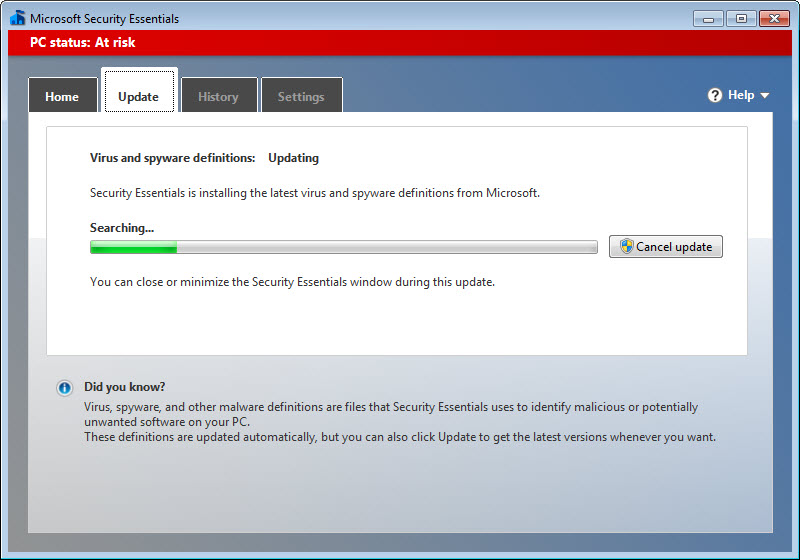
For comparison, connecting one of these external sound cards to a Windows 7 computer allows them to work just fine, just like they used to in Windows 10. Previously installed and available under Windows worked just fine, The manufacturers of these relatively straightforward devices do not provide drivers because the generic USB drivers Looking for driver "updates" reveals that there are no updates available. No updates are available, and the driver cannot be "rolled back," as the selection is "grayed out." The entry under "Sound, video and game controllers" is: A typical entry under "Audio inputs and outputs" is identified as an "Audio Endpoint" and looks like this: I am able to select them as a "default" windows sound device and send regular Windows sounds to them,īut that is not acceptable for this purpose. Various error messages result, with most indicating that the sound card is "in use" and not available.

No application is able to select them for use. Sounds generated by the application are able to be sent to the external sound card, which sounds can then be transmitted over the radio.Īfter installing the Windows 10, version 1803 update, the attached external sound cards are The sound is then ported to the application for use. Once the CODEC is in place, an application is able to "see" the external card as a sound device, allowing selection of Similar external sound cardĭevices are manufactured by several sources and, when attached to a USB port on the computer, a USB audio CODEC is generated by the OS. I connect an external, generic USB sound card device (Tigertronics Signalink USB) to my computer, which then interfaces with amateur radio equipment. I am using Windows 10 Pro and always keep it updated with the latest patches.


 0 kommentar(er)
0 kommentar(er)
